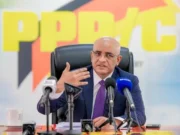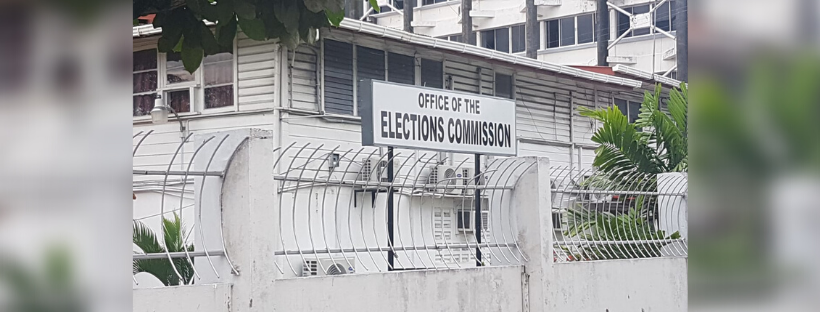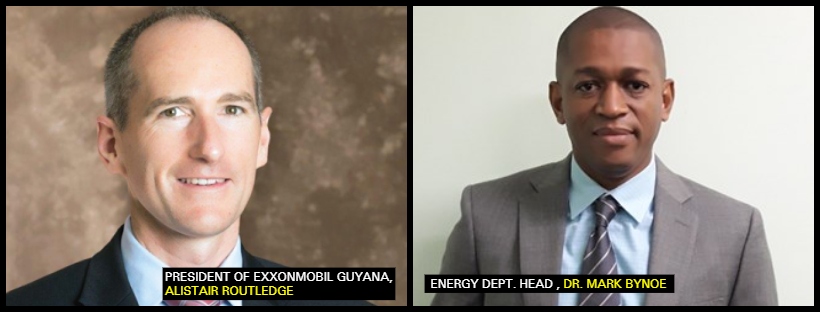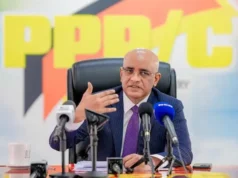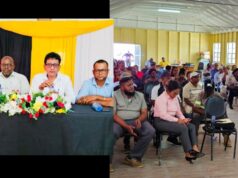In the absence of an independent and well resourced Local Content Compliance Unit to audit its claims, ExxonMobil painted today, a rosy picture for the PPP Administration, and the nation by extension, about its local content efforts for the first part of the year.
In a release to the media, the American oil giant said it spent $14 billion dollars during the first half of 2020 on hiring and training locals as well as using indigenous services for its operations.
The oil exploration and production multinational noted that more than 2000 Guyanese are supporting its operations and stressed that this represents 55 percent of the total workforce. As it relates to capacity building, ExxonMobil said that this is an ongoing process for its local subsidiary as well as its direct contractors, with more than 100,000 hours of training provided to Guyanese staff as of the first half of 2020. The exploration and production giant said that approximately 80 percent was in the areas of Professional/Technical and Craft/Trade training. It was also noted that more than 50 Guyanese have trained internationally in countries such as Brazil, Canada, Singapore, Trinidad, United Arab Emirates and the United States, to gain hands-on oil and gas experience to leverage in Guyana.
With respect to its use of local services, ExxonMobil said that it used more than 600 Guyanese suppliers for the provision of “foodstuff to engineering”.
It was keen to note that its Centre for Local Business Development remained supportive of local businesses with a transition to virtual courses while noting that nearly 100 electronic tender notifications were released to over 2400 Guyanese companies. The company said too that the Centre continued mentorship of 10 Guyanese companies in the process to be compliant in the ISO 9001 quality management system.
Since 2015, concerns have been raised frequently regarding ExxonMobil’s local content efforts and the need to verify what it submits. According to the Stabroek Block Production Sharing Agreement (PSA), all local content costs are recoverable. Taking this into consideration, Energy Department Head, Dr. Mark Bynoe had said since last year July that a Local Content Compliance Unit would be in place. One year later, that key regulatory body is not in place.
